Hey there life adventurers… so… we’re back and this time we’re taking a look at two refreshing and health-conscious beverages that have emerged as leading contenders in the healthy drink realm: non-alcoholic beer and kombucha. Both have gained popularity in recent years, but they cater to different tastes and offer different health benefits. We’re going to dive into a detailed comparison of these two trendy drinks to help you decide which one might be the best fit for your lifestyle.
History and Origins
Non-Alcoholic Beer: Non-alcoholic beer has a rich history that dates back to the Prohibition era in the United States (1920-1933). During this time, the production of alcoholic beverages was banned, leading breweries to create “near beer,” which contained very low amounts of alcohol. For decades “near beer” shuffled far behind its alcoholic counterparts, and only recently experienced a renaissance as new techniques allowed for much better-tasting non-alcoholic options.
Kombucha: Kombucha’s tale is even older, hailing from Northeast China around 220 B.C. This ancient, fizzy tea concoction made its way to Russia and Eastern Europe, gaining a reputation for its health-boosting powers. Made by fermenting sweetened tea with a SCOBY (that’s a Symbiotic Culture of Bacteria and Yeast, but let’s just call it a SCOBY), kombucha’s been a go-to for folks looking to feel their best.
Taste and Flavor Profiles
Non-Alcoholic Beer: Non-alcoholic beers come in a wide range of styles, from crushable lagers to rich and complex stouts. Thanks to modern brewing wizardry, these beers taste mighty close to the real deal, bursting with malt, hop-forward and sometimes even fruity flavors.
Kombucha: Kombucha has a unique, tangy flavor that can be an acquired taste for some. The fermentation process gives it a slightly sour quality, often compared to sparkling apple cider or a mild vinegar. Kombucha is typically flavored with fruits, herbs, and spices, resulting in a diverse array of flavors like ginger, berry, and citrus.
Health Benefits
Non-Alcoholic Beer: Non-alcoholic beer isn’t just tasty; it’s also good for you! It’s lighter on the calories than regular beer and packed with goodies like vitamins B2, B6, and folate. Plus, it’s hydrating and some athletes even swear by it as a post-workout drink because it’s isotonic – that’s a fancy word for being great for rehydration.
Kombucha: Kombucha is renowned for its health benefits, primarily due to its probiotic content. These beneficial bacteria can aid in digestion, support a healthy gut microbiome, and boost the immune system. Kombucha also contains antioxidants, which help combat free radicals in the body. However, it’s worth noting that kombucha can contain trace amounts of alcohol (usually less than 0.5%) due to the fermentation process.
Alcohol Content
Non-Alcoholic Beer: As the name says, non-alcoholic beer has barely any alcohol – usually less than 0.5% ABV. It’s a safe bet for those who want the beer experience without the buzz.
Kombucha: Kombucha does have a smidge of alcohol, also usually less than 0.5% ABV, because of the fermentation process. It’s not enough to give you a buzz, but it’s something to keep in mind if you’re avoiding alcohol completely.
Popularity and Availability
Non-Alcoholic Beer: The non-alcoholic beer market has exploded in recent years, with many major breweries and craft beer producers offering a variety of options. You can find non-alcoholic beer in most grocery stores, liquor stores, and even on tap at some bars and restaurants.
Kombucha: Kombucha has also seen a surge in popularity, especially among health-conscious consumers. It’s widely available in supermarkets, health food stores, and cafes. Many brands offer kombucha in convenient ready-to-drink bottles, and there are even kombucha bars popping up in some cities.
Environmental Impact
Non-Alcoholic Beer: Brewing non-alcoholic beer can be a bit resource-heavy, but many breweries are stepping up with eco-friendly practices. They’re using renewable energy, recycling water, and sourcing local ingredients to keep things green. Cheers to sustainability!
Kombucha: Kombucha’s a bit gentler on our Planet Earth. It doesn’t take as many resources to make, and lots of producers use organic and locally-sourced ingredients. Plus, that SCOBY can be reused over and over, cutting down on waste. It’s like a little eco-warrior in a bottle.

